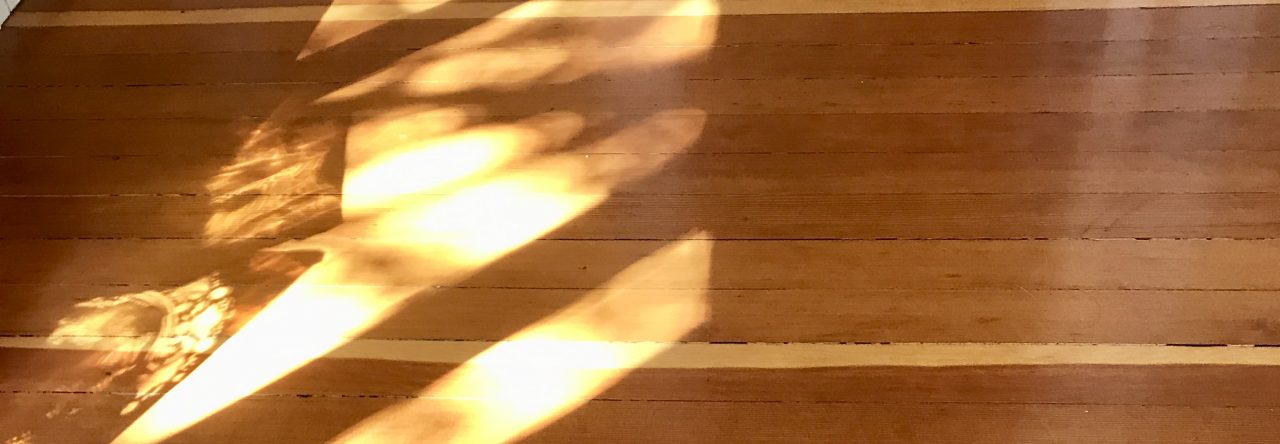It was great to get this link to the guidelines for Universal Design for Learning http://udlguidelines.cast.org. We have been hearing a lot about it, but it is nice to have a framework to understand it and start to attached meaning/potential actions too. As I think about my practice going forward, it seems like UDL holds the key to ensuring all learners have the potential to be the best they can be. This framework gives detail, which I appreciate, but I also think just keeping in mind the very basics of the structure, i.e. enabling multiple means of the what, why and how of learning, will be helpful in all planning going forward. In some ways, this is yet another way of saying a lot of the same things we have been learning about over the term across all our classes (importance of voice and choice, importance of multimodal). Nevertheless, it provides a good summary which I know I will use.
Category: Learning Design
I appreciated being exposed to the EdCamp/unconference concept. In Diving into Inquiry (https://www.trevormackenzie.com/dive-into-inquiry), Trevor Mackenzie talks about the first few days of his class being devoted to developing the curriculum for the year. I wonder if doing this through the structure of an EdCamp would work. I would be interested in seeing how it would be possible to borrow some of the key components ( https://www.edutopia.org/blog/edcamp-is-future-of-pd-mary-beth-hertz) and things that people have found work well in in EdCamps (https://www.edsurge.com/news/2018-04-10-5-tips-for-planning-a-kidcamp-the-student-driven-edcamp) in order to try it out.
I really enjoyed watching the film, Most Likely to Succeed. It explores an age-old question related to education: what is society trying to achieve with education, and given that, how should time be spent in schools? I think the filmmakers present a compelling argument for the idea that things have changed and the pedagogy should reflect that new reality. Their model for school change is also a compelling one, as their methods seemed to maximize student involvement, empowerment and interest, and minimize the disinterest that is observed all too many times in classrooms. Their model appears to focus, simplistically put, on pursuing depth rather than breadth in relation to content. While they espoused the benefits of this and explore some of the potential concerns, I remain undecided over this issue. Is there a body of content knowledge that we should collectively know? And if so, who decides what that is? How can the inherent biases in those decisions be addressed? Given the new directions of the BC curriculum with a focus on big ideas and competencies, it seems the writers of this curriculum may have also been wrestling with many of these issues.
